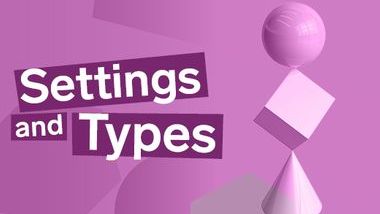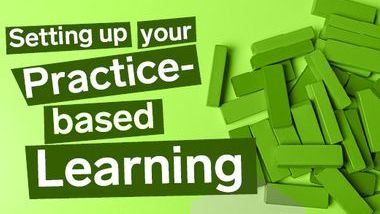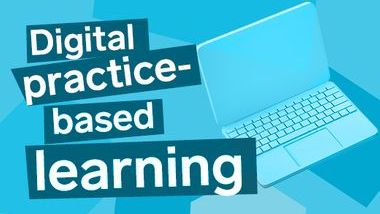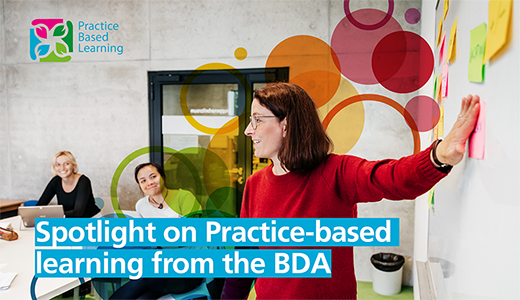What is Practice-based learning (placement)?
Practice-based Learning (placement) is defined as “The period(s) of study and activities undertaken by learners as a formal element of their dietetic pre-registration training whilst in the practice-based learning environment. This allows learners to apply and practice their newly acquired knowledge and skills in a safe environment,” BDA Curriculum Framework 2020.
Why do we need Practice-based learning?
- The Practice-based learning environment offers the learner the opportunity to “pull everything they have learnt together”
- To “become comfortable in the practice environment”
- To experience a variety of dietietic practice settings
- To “experience the time constraints, pressure and distractions of the real-life situation”
What are the benefits of Practice-based learning?
Practice-based Learning involves a range of opportunities for learner development. Learners apply and consolidate their learning, bringing together academic theory and workplace practice to develop skills and competencies needed to register.
Benefits to learners
Practice-based Learning provides quality training and will provide learners with the knowledge, skills and behaviours to function in a wide range of dietetic landscapes. It can present opportunities to develop a range of ‘soft’ skills such as communication, collaboration, leadership, networking and presenting. critical appraisal skills, self-reflection and self-development. All of these different skills and abilities which may be attractive to future employers.
Benefits to dietetic staff
Practice-based Learning opportunities broaden the scope of the training to reflect the training required for a range of dietetic landscapes e.g., the inclusion of physical skills, knowledge of sustainability, greater focus on public health, research and leadership. This should provide further motivation for practice educators who should see the opportunities to welcome learners in to their teams for PBL and employment on graduation.
Benefit to organisations/service users
As a result of the above two the performance of dietetic departments to meet service user demand should increase. This may create greater efficiency and contribute to greater service user satisfaction.
Spotlight on Practice-based learning
Future-proofing the dietetic workforce should be a top priority for all of us and Practice-based learning is a key part of ensuring this happens. We are currently in a position, whereby we need to increase capacity and diversify Practice-based learning opportunities.
Ensuring that practice-based learning reflects the breadth and diversity of the working environments of dietitians is a key component to ensuring our dietetic learners are able to successfully complete their training and practice safely and effectively in the future.
Practice-based learning in health and care settings is fundamental for consolidating health and care (clinical) skills of the future dietitian and all dietetic departments and specialisms are encouraged to take learners on Practice-based learning throughout the year.
In addition, we also strongly encourage Practice-based learning to take place across wider workplace settings such as research, public health, industry, third sector, government, education and more. Watch our video on the importance of growing Practice-based learning opportunities:
Setting up Practice-based learning
When considering setting up Practice-based learning, the BDA has a wealth of information and resources that can be used by HEIs, Practice educators and learners. Below you will find links to resources that can support you to create a great Practice-based learning experience and you may also find the BDA Guidance to setting up Practice-based learning (2023) a useful tool to support you in the development of practice-based learning opportunities.
You may also be interested in








